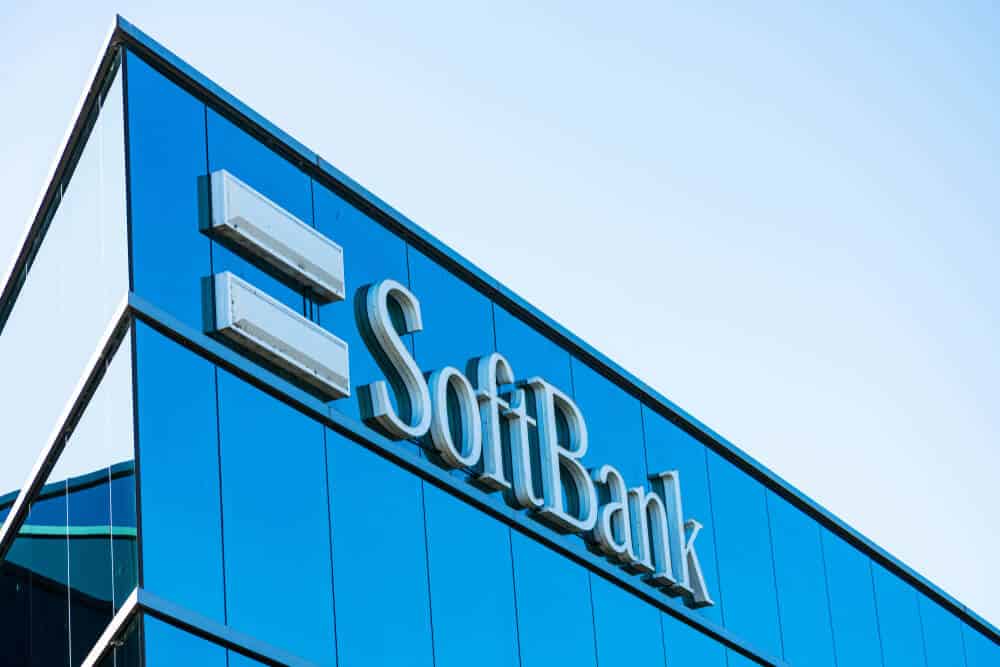
Japan Stocks Down, SoftBank Up New Highs
The Japanese stock market took a stumble on Tuesday after data showed the fastest drop in the household spending on record in May, leading Japan’s economy further from growth.
The Nikkei 225 fell 0.44% to ¥22,614.69 at the end of the session, having reached its highest close since June 10 on Monday. The broader TOPIX was down 0.34% to ¥1,571.71 at the close.
The country’s household spending declined 16.2% in May at the fastest rate on record, with the COVID-19 pandemic leaving considerable reductions in spending on hotels, transportation, and eating out.
The figures served as another sign of the severity of the virus’ impact on the world’s third biggest economy. Products that saw a rise in spending included meat, alcohol, and face masks.
Economists expect a rebound in spending to be slow and fragile as consumers remain cautious about spending more even after a nationwide state of emergency has been lifted in May.
Outlook for the country’s household spending in the coming months also appeared glum due to expectations of more job losses.
SoftBank Stocks Register 20-Year Highs
Stocks of SoftBank Group Corp. resisted the overall slump in the Japanese market, returning to dot-com bubble era highs on Tuesday, as substantial buybacks helped reduce the Japanese tech investor’s continued discount.
Shares gained 4.6% to closed at ¥6,190, a level not seen since early 2000, when speculation on internet equities saw prices go up before falling and erasing most of the Tokyo-based company’s wealth.
The recovery came after chief executive Masayoshi Son announced on March his plans to spend ¥2.5 trillion ($23 billion) on buybacks. The move led the firm’s stock to a 130% increase from its March lows.
With about 10 million of its shares being shorted, chief investment strategist Norihiro Fujito stated that they are seeing a typical short-squeeze.
Tailwinds for SoftBank included progress in monetizing key assets like Chinese e-commerce giant Alibaba Group Holding Ltd. to raise $41 billion to fund the repurchases and steady its balance sheet. Credit-rating groups, however, had expressed their concerns over the plan.
Alibaba’s stocks continued to appreciate, with a portfolio firm supported by SoftBank’s $100 billion Vision Fund – online insurance startup Lemonade Inc. – successfully listing in New York last week.
Vision Fund reported an operating loss of ¥1.9 trillion for the year ended March as its portfolio stumbled, leaving the broader company with a record annual loss.
SoftBank did not disclose much about how it revalues its investments. The ongoing impact of the COVID-19 pandemic, which has revealed underlying issues at portfolio companies, means the fund’s outlook for the rest of financial 2020 remains uncertain.


